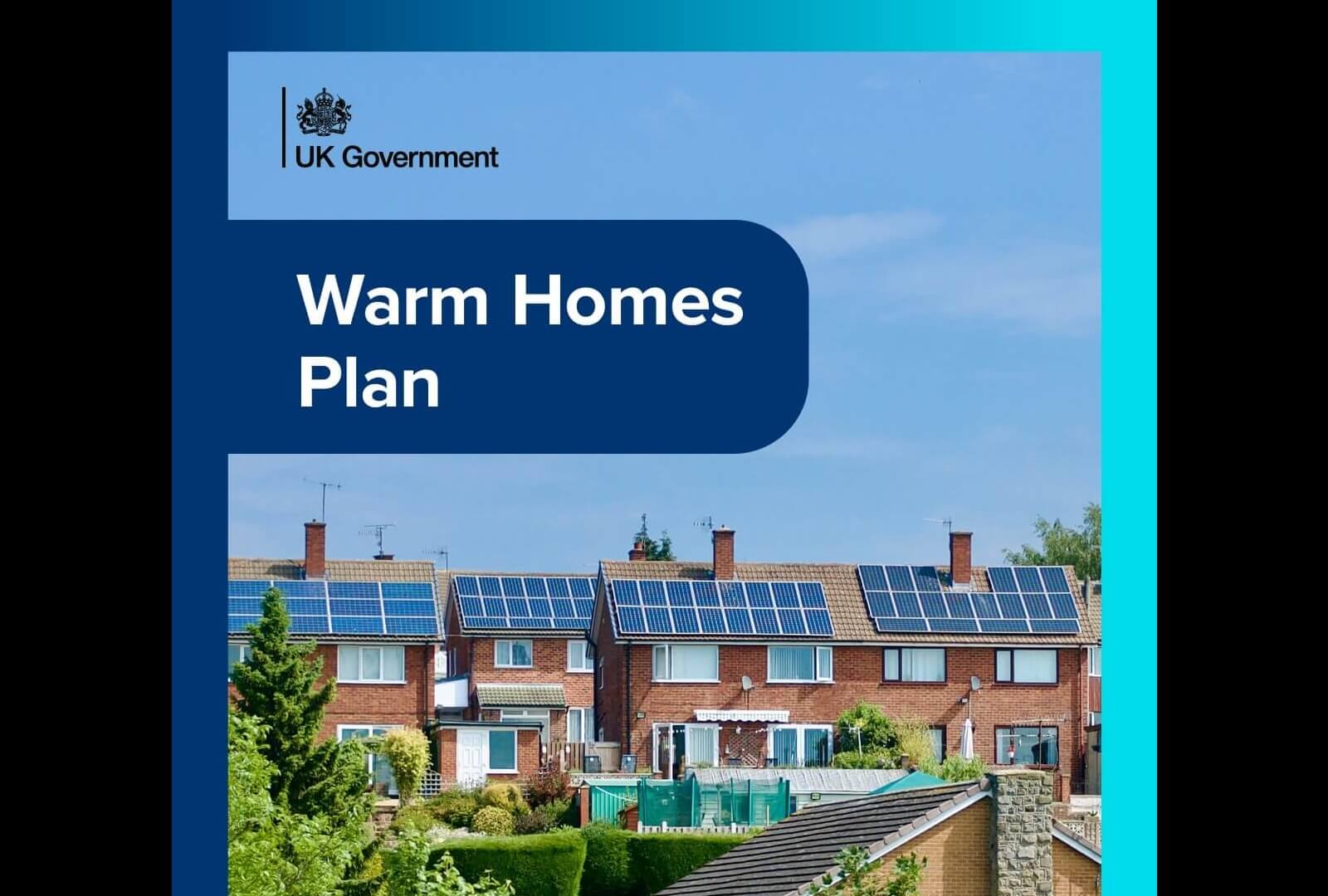26.1.2024
3
mins
By
Lucy O'Connor
The UK housing stock
Buildings are one of the biggest contributors to the UK’s carbon footprint. We’re faced with the challenge of having the oldest and least energy efficient housing stock in Europe. Also, more than 80% of homes use gas boilers, making them susceptible to spikes in energy prices. As a result, people are facing high energy costs and cold winters in uncomfortable homes.
Why banks should care
Banks are under increasing pressure to address the emissions and risks associated with their lending practices. For many banks, mortgages represent the most substantial portion of lending, and the majority of financed emissions are linked to homes. So, decarbonising households is increasingly a priority for banks.
Furthermore, if banks can gain access to additional energy data, like home EPC ratings, smart meter and spend based energy data, it can help improve mortgage portfolio and ESG reporting. Banks can then use this data to make personalised energy and cost saving recommendations to customers, increasing customer engagement and retention, and making it easier for customers to invest in home retrofits. Win-win!
In the current cost of living and energy crisis, banks also have a moral obligation to support their customers. Household spending on energy has doubled since 2003 from £15 billion to £32 billion, forcing millions into fuel poverty. Banks can support vulnerable households through financing home retrofits, as well as by recommending low-effort, low budget climate actions that people can take to save energy and money.
The role of banks in decarbonising homes
Awareness
There is a significant awareness and literacy gap among the public when it comes to retrofitting. In fact, a YouGov survey found that 60% of homeowners don't know what retrofit means. Moreover, out of the 40% who are familiar with the term, 57% had not seen any advice on what action to take. Banks can help bridge this gap by educating their customers about their energy footprint, and through recommending personalised energy-efficient home improvements.
Finance
Once armed with knowledge and ready to retrofit, one of the biggest barriers is finance. While retrofitting offers long-term cost savings, many struggle to afford the upfront costs without financial support, or they might be hesitant due to the extended payback period, which may exceed the average tenancy duration. As a result many are not motivated to retrofit their homes. Banks can step in by providing financial support for energy-efficient retrofits and low-carbon technologies.
Green products and services
Innovative financial products that support household retrofits, such as green mortgages, are becoming more prevalent. These products offer incentives like discounted rates for properties with high energy performance ratings. The challenge for banks is accessing the underlying data that supports these decisions. Keep reading to find out how integrating carbon management solutions can arm banks with these insights.
How Cogo can help
Cogo collaborates with banks to empower people to measure, understand, and reduce their carbon footprint. Through our partnerships, we recommend tailored climate actions that help people improve their energy efficiency and save on both carbon and finances. For example, our energy-saving actions help people assess their current carbon emissions from heating their homes, and demonstrate potential carbon and cost savings through climate actions like installing a heat pump or turning the thermostat down (see below image for an example).

We then provide banks with valuable data that enables them to offer embedded financial products, like green mortgages. These financial products support customers at the point of need, making it easier for them to invest in energy-efficient solutions, and helping increase engagement and conversions for banks.
Final thoughts
The decarbonisation of homes is an essential component of the UK's ambitious climate goals. Banks have a pivotal role to play, and Cogo's innovative solutions offer a pathway to success. By understanding their energy footprint, taking climate actions, and leveraging data-driven financial products, homeowners and banks can work together to build a more sustainable future.


.png)
.jpg)

